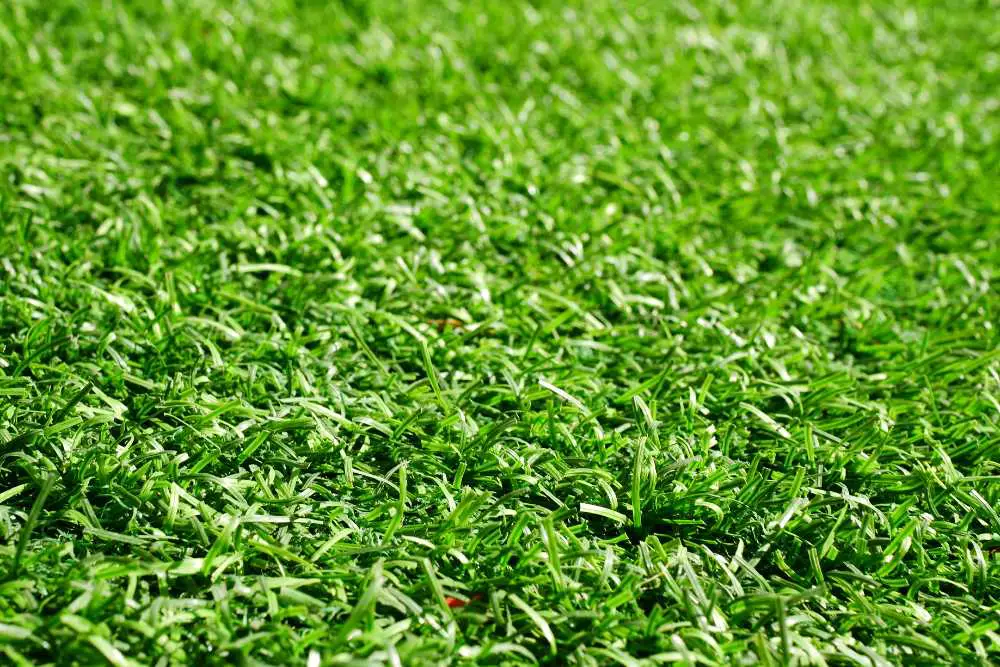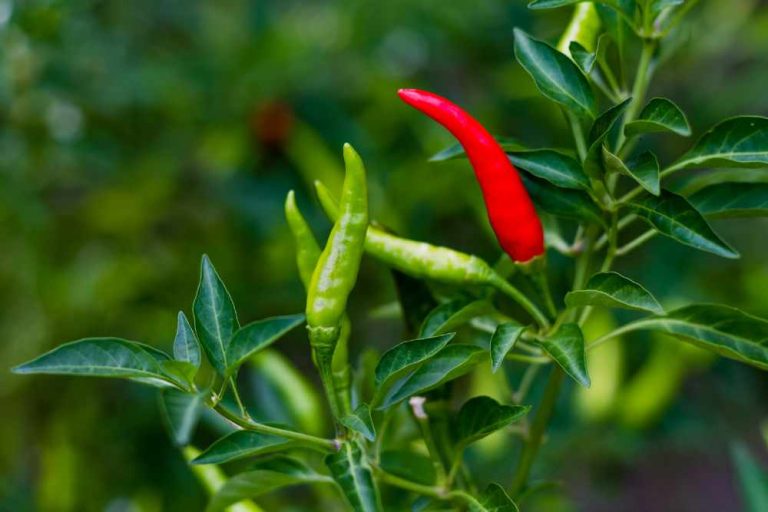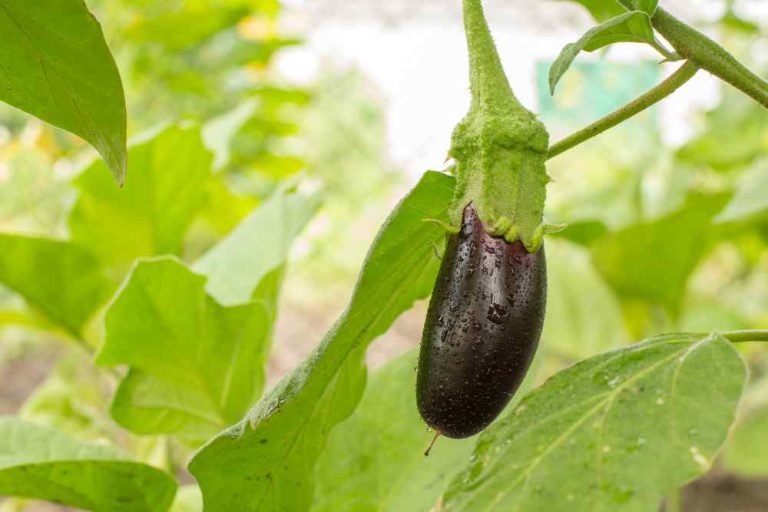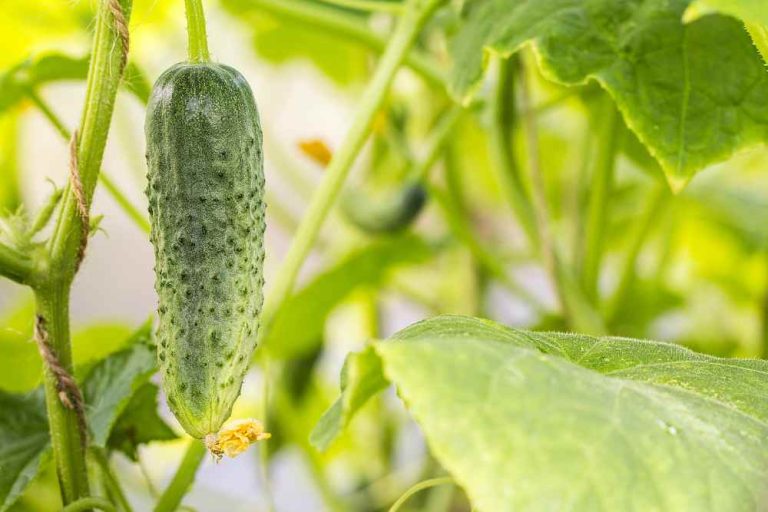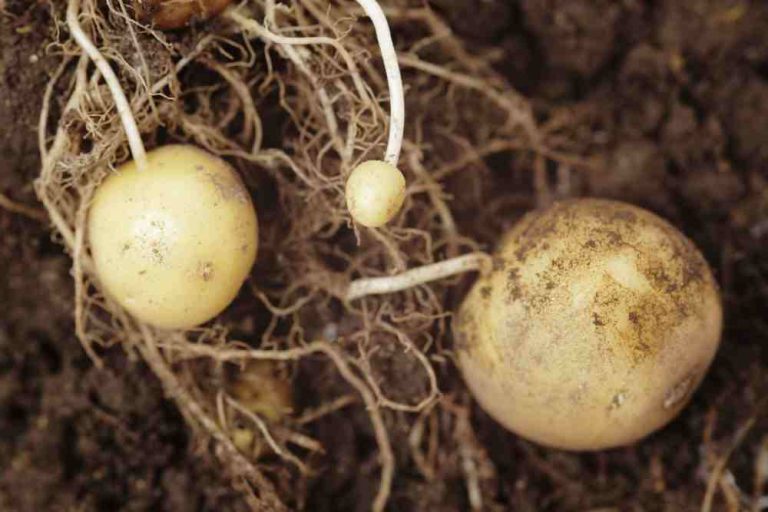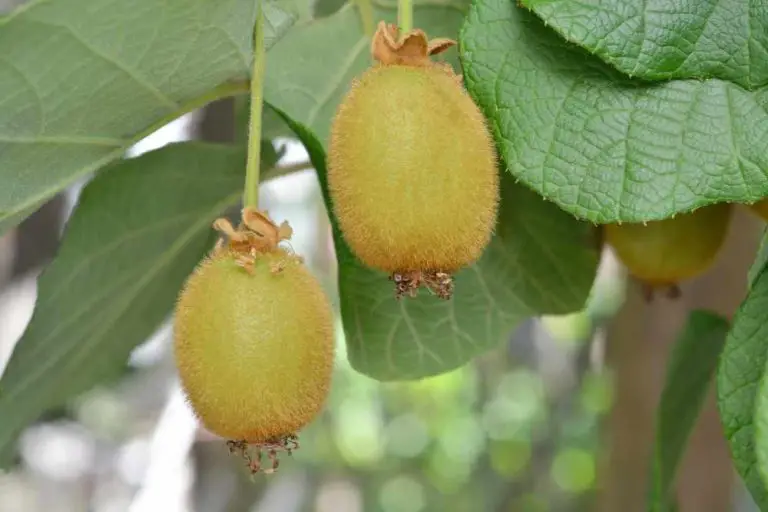Will Bermuda Grass Grow In The Northeast
Bermuda is beautiful, healthy, and durable garden grasses. Green Bermuda plants create a gentle, fresh space users use to develop lawns to serve golf courses and football fields. Or as border plants to decorate parks, houses, companies, streets, and picnic areas.
So Will Bermuda Grass Grow In The Northeast? In the article below, we will answer this question and some notices when you grow this type of grass.
What Is Bermuda Grass?
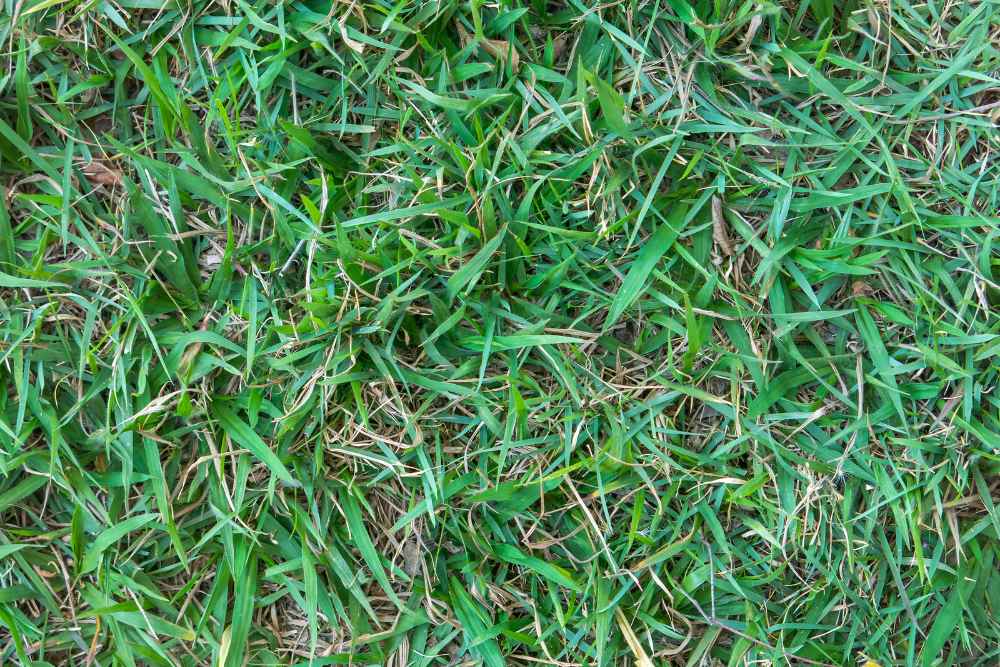
Bermuda grass is a wild grass suitable for warm climates, with long creeping rhizomes and erect, hard tops. Depending on temperature and weather, leaves can change from dark green to light green.
Bermuda grass is also known as chicken grass or drinking grass, originating from the US, with a height of 10-15cm, small and smooth flat leaves, and dark green.
This grass is not picky about soil, has good drought tolerance and endurance, and is extremely fast-growing and easy to care for. Bermuda grass is suitable for golf or football fields. However, the downside of this grass is that it has to be regularly pruned. Some features of Bermuda grass are listed below:
- Bermuda grass seed line is a perennial grass that grows strongly in tropical and subtropical areas (suitable for the climate in South America, Australia, Africa, India, and the East)
- Bermuda grass can grow well in harsh weather conditions without losing many colors.
- Not picky about soil, grows well in sandy soil as well as hot, dry land
- Good drought tolerance grows well in sunny and scattered places (under the canopy, on the side of the house)
Will Bermuda Grass Grow In The Northeast?
Bermuda grass is a warm-season, cold-tolerant grass that can survive in northern Virginia. Bermuda grass will stay green all year in more tropical climates. In other areas, it will become dormant if the temperature drops below 60 degrees Fahrenheit (15 degrees Celsius).
The spring, usually in April or March in warmer climates, is the ideal time to grow Bermuda grass once the weather is consistently warm
How To Grow Bermuda Grass?
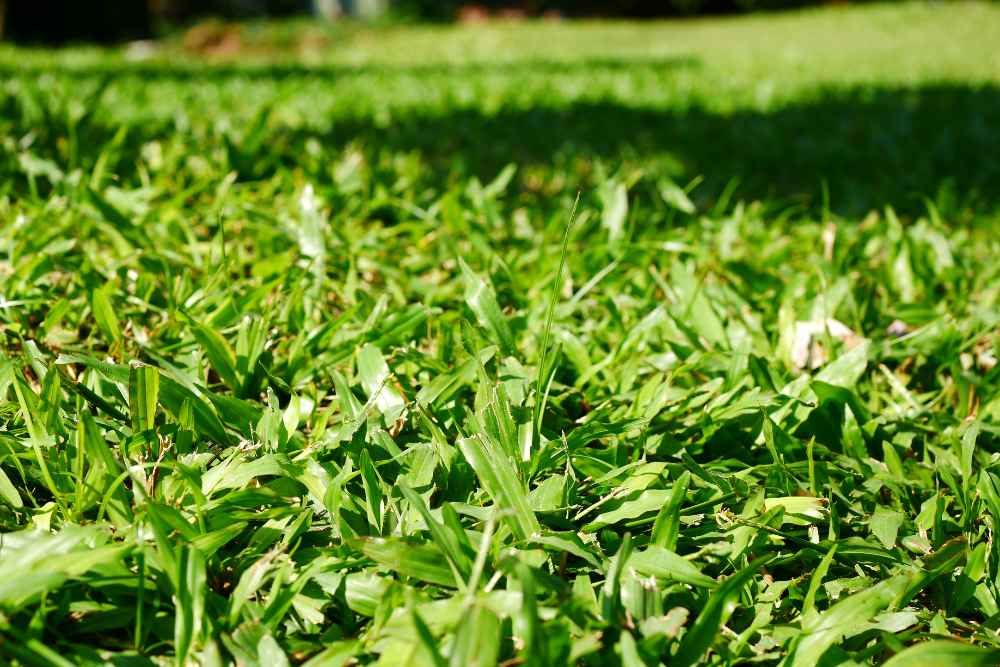
Step 1: Prepare the best type to mix with Bermuda grass. The soil needs to be made loose, spread the broken manure evenly can use the rake to rake the soil and fertilize it evenly. Create a drainage ditch and mixture of soil + flowered waste + rice husk ash.
Step 2: Spread the seeds evenly on the prepared soil, then spread the prepared mixture above. Ensure the roots are buried in the ground to a depth of about 2 cm. Note: seeds have been sprayed with disinfectant about 5 days before.
Step 3: After 7-10 days, the seeds germinate. We need to have a care regime to ensure good plant growth. Spray N3M rooting stimulant; when the tree has 3 leaves, start NPK fertilizer, with a dosage of about 1 kg/100 square meters.
Step 4: The tree is 1 month old, then continue to fertilize with NPK, and spray the water evenly every morning and afternoon with a shower, to avoid the case of strong water spray causing the tree to be crushed. After 2 months, the Bermuda plants have grown completely; we can cut them arbitrarily to serve the needs when put into the construction.
Care Of Bermuda Grass
Lawn Watering
After planting bermuda grass, the football field needs to ensure the necessary moisture for the grass to take root. The first month needs to be watered twice in the morning & afternoon for the entire yard.
Next month, depending on the weather, water it twice a day if it’s sunny. In cool weather, weeds can be dampened once a day. For the grass to grow, it is necessary to have an automatic irrigation system.
Fertilizing
For Bermuda grass to grow well after planting & ensure the necessary thickness for the surface of the football field, it is essential to fertilize 10 days / 1 time in the first month. In the following months, fertilizer will be added accordingly, depending on the level of grass growth.
The appropriate time to fertilize is in the afternoon when there is no sun. It is best to compost before it rains. If the weather does not buy, it is necessary to water thoroughly after fertilizing.
If you are interested in more information on lawn fertilizers you can refer to our articles on high nitrogen fertilizers and the Best liquid nitrogen lawn fertilizers.
Cut
After planting bermuda grass for 30 days, the football field will begin to be pruned so that the grass can concentrate nutrients to develop the stem. Pruning is done continuously for about 10-15 days/time. Fertilization will be carried out immediately after pruning.
Lubricate The Pitch
The compaction of the court surface smooths the field’s surface and keeps the grass feet on the ground, helping to cover the court surface better. The ground compaction will be done once after about 2 months of sowing grass.
Grass Foot Sand Cover
Cover with sand to protect grass feet, and help grass feet stick better in the sand. The coating thickness is about 2-3 mm. This is done when the grass has grown well and covers the entire field surface before handing it over to use.
The above article has provided information about the characteristics, uses, and how to grow Bermuda grass. In this article, we also help you answer the question “Will Bermuda Grass Grow In The Northeast?” If anything is unclear, you can contact us directly for advice.
- 20+ Chic Boho Bedroom Ideas for a Cozy and Stylish Retreat - June 20, 2024
- 12+ Modern Boho Living Room Ideas to Create a Unique Oasis - June 10, 2024
- 10 Stunning Canopy Bed Ideas for a Dreamy Escape - May 16, 2024

